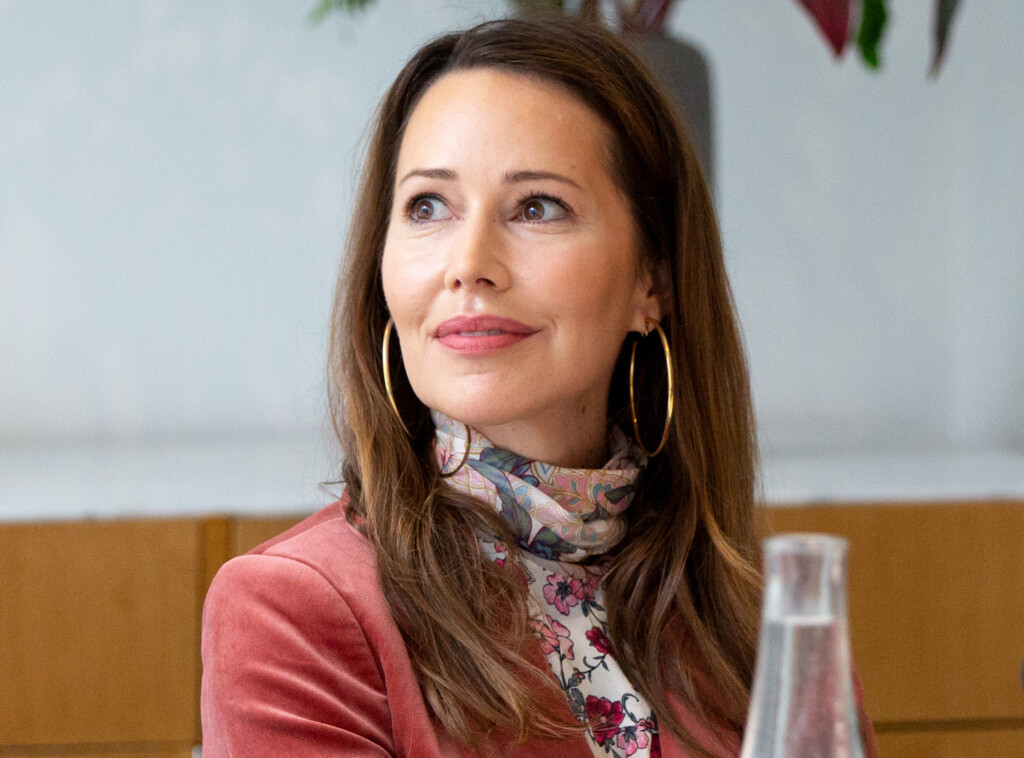The pandemic hasn’t been easy on New Yorkers, which nobody knows better than Dr. Samantha Boardman. The self-described “positive psychiatrist” recently returned to her practice at Madison and 76th, after a year of treating patients over video and phone calls.
“Nothing beats in person,” she told Avenue earlier this summer. “Zoom can be distracting — people don’t love to look at themselves.”
Dr. Boardman has been in the public eye, one way or another, for decades. In the 1990s, she and her sister, Serena (now a top Sotheby’s realtor), were much admired on the social and fashion circuits. She holds degrees from Harvard University (cum laude, thank you very much) and Cornell University Medical College. And in 2005 she married Aby Rosen, the real estate titan and leading art collector. It hardly seems fair that on top of all that, she is a fabulous writer as well.
“This was five years in the making,” she says of her debut book, Everyday Vitality: Turning Stress into Strength, out August 10 from Penguin Life. “The takeaway is, positive mental health comes from your [interpersonal] connections, and your ability to contribute to something and challenge yourself.”
The book’s 22 fluid chapters contain practical advice for combating ennui and languishing, without ever descending into navel-gazing. “There’s lots of overpromising in the wellness-industrial complex of, you know — you can just download happiness or buy a crystal that is going to transform your life and diminish your stress. And I’m troubled by that,” she says. “You can’t ‘eat-pray-love’ yourself into well-being.”
The book also examines the feelings of ambivalence many people are expressing about coming back out of their shell following a year of lock-down.
“To people who are feeling avoidant and scared to get back out there, I would say: Pick and choose carefully, and spend time with the people whom you know you can have meaningful conversations and positive interactions with. Avoidance is a response that in the short term might make you feel better, but in the long term we know it is not a way to handle something.”
Dr. Boardman credits the shift in her approach, to focus on positivity, to a former patient who fired her in 2011. “She said to me, ‘Dr. Boardman, all we ever do is talk about everything that’s wrong with me — we never talk about anything else.’ And that ended up sending me back to medical school.”
And the fruit of that, at least partly, is this book. Did she ever reach out to the patient who fired her, to say how much that changed her life?
“I tried — I couldn’t find her,” she says, chuckling. “At the time, that experience really stung. But it really made me rethink what I thought I knew — some of the best challenges can turn out to be transformational. I’m extremely grateful to her. I have a friend who says, ‘Whenever you have an experience with someone when you feel diminished in a way, send them flowers.’ I think there’s something very nice in that.


